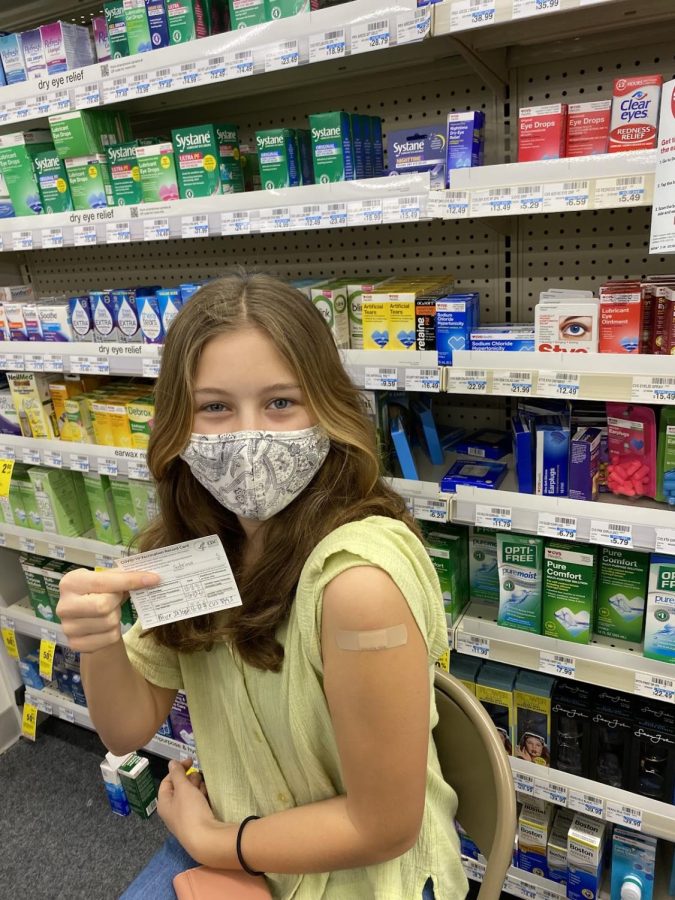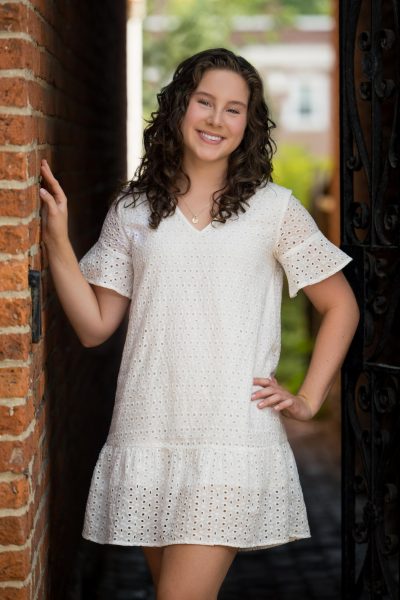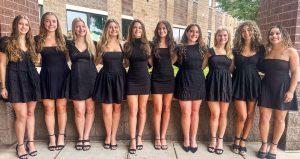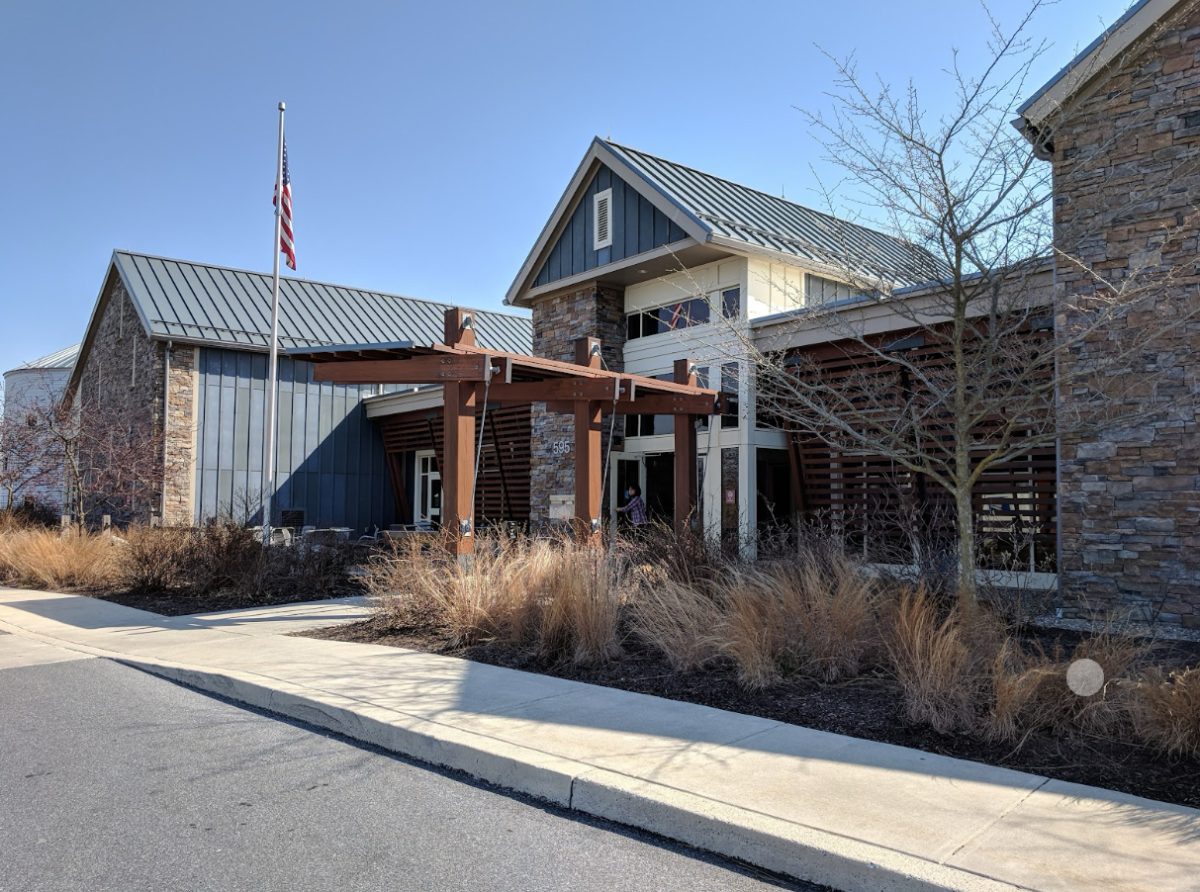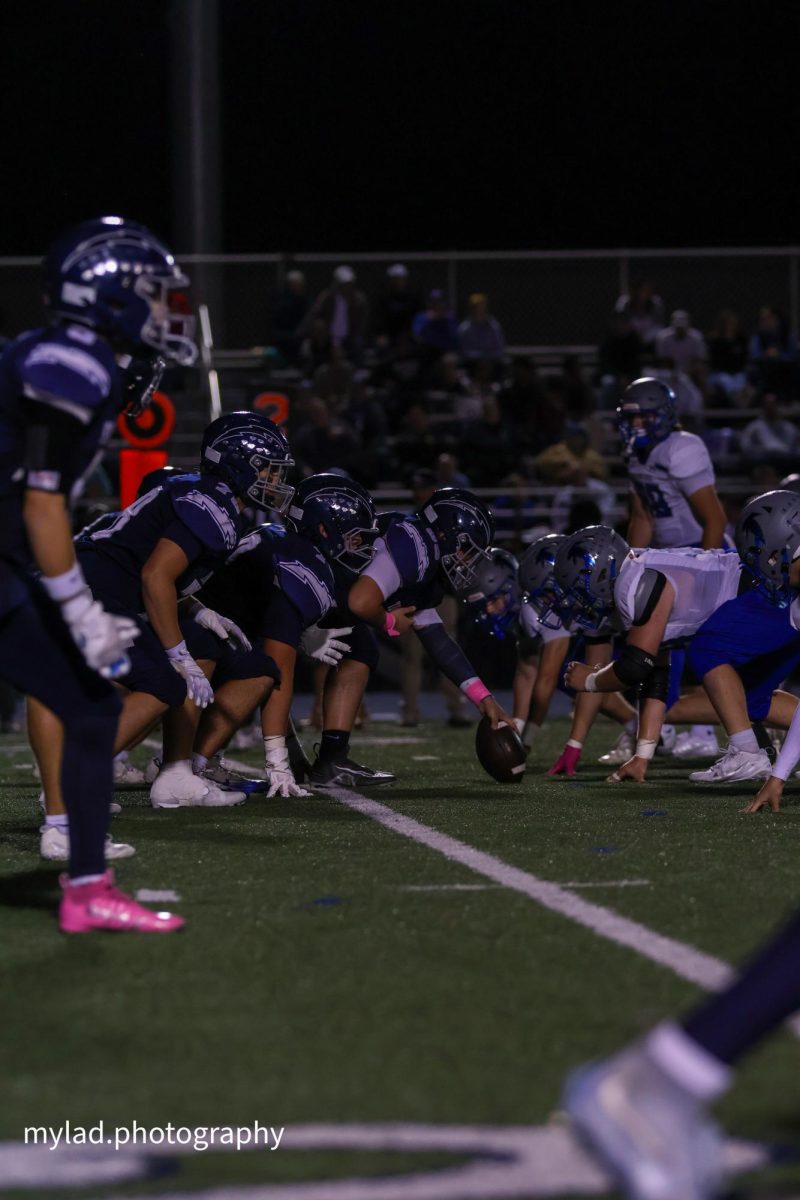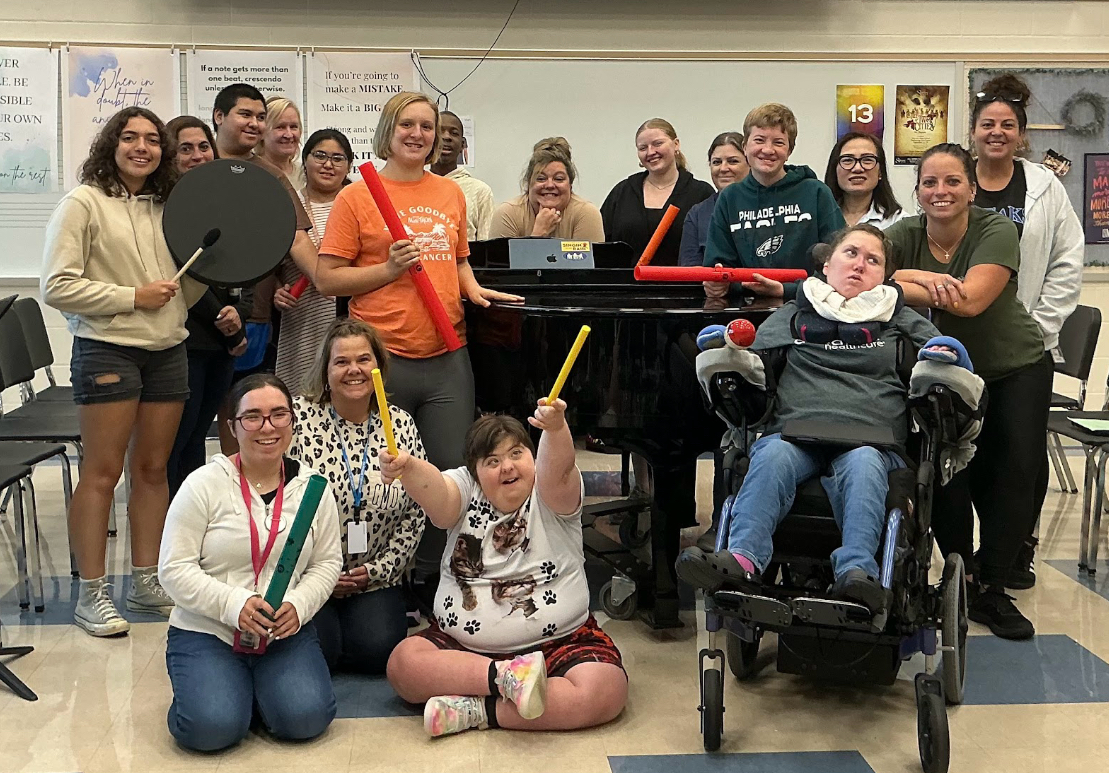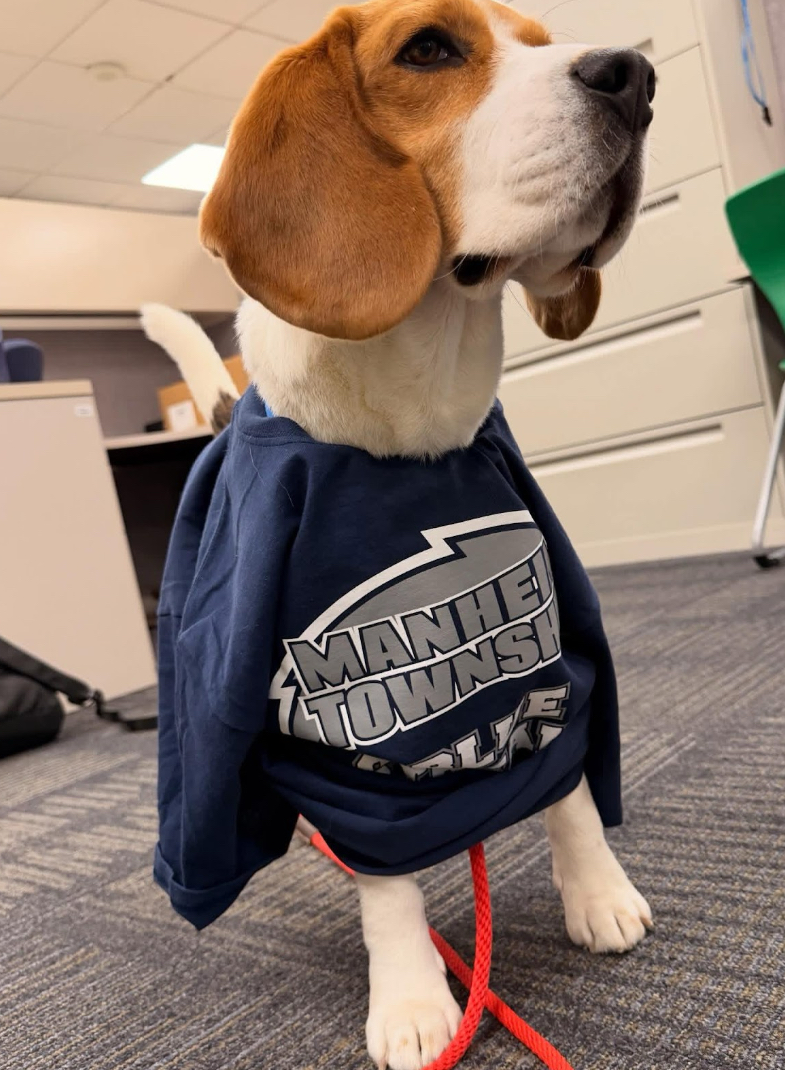Students split over booster shot
January 8, 2022
As the Omicron variant continues to spread throughout the world, ravaging communities and leaving hospitals overwhelmed, booster shots of the COVID-19 vaccine are more accessible. Now, anyone as young as 12 years old can get boosted. During this time of uncertainty and fear, students have different opinions on the booster.
On the one hand, receiving the booster can help “keep [yourself] and others safe,” Quaden Fogleman said. Fogleman, a junior, sees his grandparents and little cousin frequently, and he wants to protect them along with himself.
For those that support it, the booster also gives some hope for ending the pandemic.
“The less people that die from [COVID] and the more people that get the booster will make this whole thing end faster,” sophomore Grace Smith explained.
According to Yale Medicine, the vaccine’s effectiveness wears down over time, so somebody who got their dose six months ago is not as protected as they once were. The booster adds an extra layer of protection and can help reduce the amount of people getting sick and dying from COVID.
However, the booster is not necessarily a 100% guarantee that somebody won’t get COVID. Nicole Dorwart, a senior, explained that one of things that made her so hesitant is the fact that getting the booster doesn’t eliminate the possibility of getting sick.
“I don’t really know if it is necessary for kids our age to really get [the booster] because we’re young and healthy,” Dorwart said.
Dorwart went on to discuss the side effects of the booster and how those can also be scary. “I personally would not choose to get [the booster] because I know a lot of people that have had bad side effects, and I know a lot of people who have gotten really sick and been in the hospital after they have gotten the [booster],” she said.
For those who have chosen to get the booster, the new mask-optional policy has also influenced the decision of students in some cases. Mae Garber, a sophomore, made an appointment to get her booster as soon as the mask enforcement was lifted.
“Now that people are unmasked, I feel safer in life [because of the booster] so I won’t get COVID and won’t have to quarantine…and I won’t spread it to other people,” Garber said.
In other cases, the rise of Omicron also influenced student decisions. Jane Farrell, a senior, saw how many more cases were spreading in the district and wanted to get the booster for protection.
“As someone who has had COVID, I really don’t want it again. Anything that I can do to prevent that is really important to me,” Farrell said.
While the booster is very popular among some people, there is also the argument that the United States should not be giving out boosters when there are other countries that don’t have enough first doses.
“I definitely think that everyone should get the chance if they want to. I don’t really think it’s fair for some people to have the option and some not to,” sophomore Savannah Groff said.
Although some students might be aware of these issues, many vaccines are going to waste here in the US. “I think that a top priority should be to get everybody vaccinated as soon as they can. But at the same time, I think that the United States has a lot of vaccine doses that aren’t being used…So I would rather get the booster shot than have those extra vaccines go to waste,” Fogleman said.
Other students, however, feel that the process of developing a vaccine and boosters has been rushed, and they don’t feel safe getting the booster.
“I think it’s a good thing, but I just think there needs to be more options, or at least a chance for us to see how it will affect us in the future,” sophomore Mekhi Yoder said.
In the past, some vaccines have taken up to 10-15 years to be made, but the COVID-19 vaccine was made in about a year, according to Medical News Today. Concern over the accelerated timeline has deterred some students from receiving their booster or vaccine.
“Not knowing what will happen to our bodies in the future is scary,” Yoder points out. He is planning on waiting to get his vaccine and booster until more information comes out.
Groff also pointed out that she thinks 12 years old is too young for boosters to be handed out. “I don’t think it’s the smartest decision because I don’t think that kids can really think for themselves yet. They would kind of just agree with whatever their parents say.”
Groff believes that kids might regret getting the booster later in their lives, and it would have been their parent’s decision, not their own.
“It is frustrating that we have to do so many extra things now such as masks, vaccination, etc, but I feel that these things are necessary if we want things to get back to normal,” said sophomore Marea Bley.


